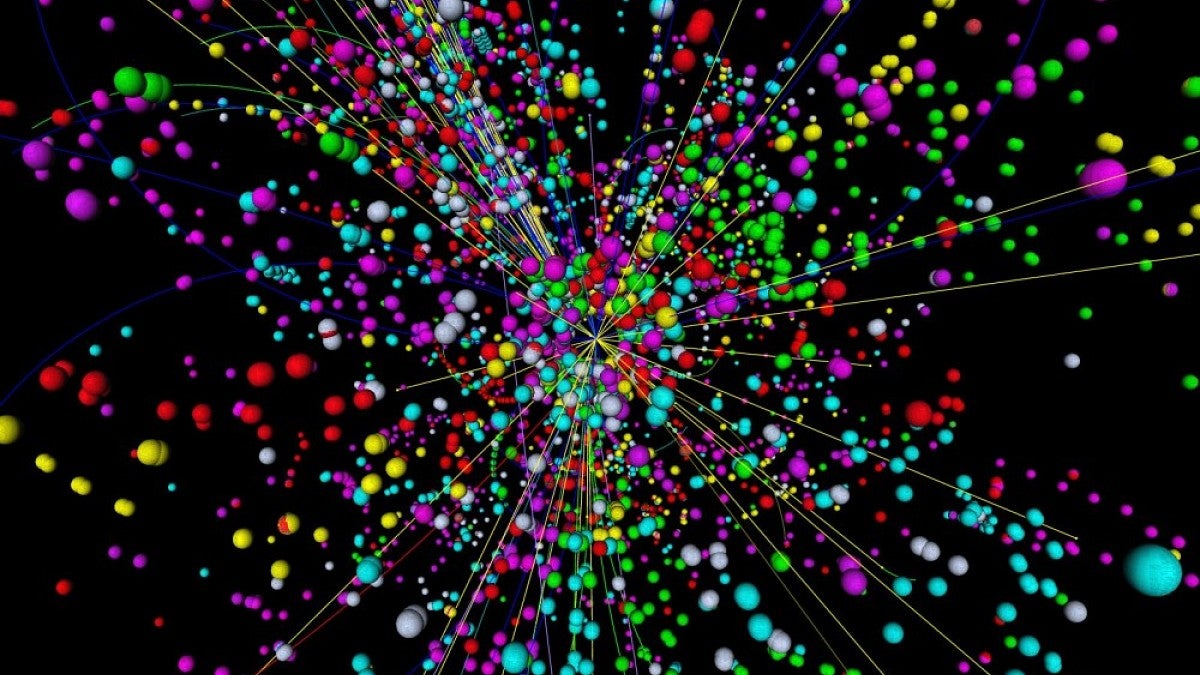Call it a physics haiku:
Dark matter and quarks
in elliptical galaxies
seek lipid membranes
Fortunately, that’s not what you’ll hear at the UO’s second-ever Physics Slam. Instead of bad poetry, you’ll get really good science, explained in a way even people who write clumsy jingles would understand.
The Physics Slam happens at 7 p.m. Wednesday, April 8, in Room 156 of the newly renovated Straub Hall. Free and open to the public, it will be the first major event held in Straub’s new, two-level lecture hall.
Yes, it might involve dark matter, quarks, elliptical galaxies, lipid membranes, coherent light and more. But the task for the six UO researchers who are competing will be to explain those tangled topics in ordinary and even entertaining language, and they each have to do it in no more than 10 minutes.
The UO held its first Physics Slam in 2011, when the university’s Center for High Energy Physics hosted a national conference on the design for a new linear particle accelerator. The slam was a hit, so to speak, filling Columbia Hall and some overflow rooms.
It was such a crowd pleaser that physics professor Jim Brau thought it was about time to do it again. He promises there will be no test afterward, and presenters will be told to leave the shop talk in the office.
“No fuss, no intellectual fog and absolutely no unexplained jargon,” Brau said. “Instead, you get good, old-fashioned entertainment and a solid foundation in physical science, or the slammers haven’t done their jobs.”
And the slammers are: Eric Corwin, a soft materials physicist; Scott Fisher, an astrophysicist; Graham Kribs, a high-energy particle theorist; Stephanie Majewski, a high-energy particle experimentalist; Ben McMorran, a quantum physics experimentalist; and Raghuveer Parthasarathy, a biophysicist.
“All of these people are pushing the foundations of knowledge,” Brau said. “Each one of them has to find a way to communicate their area of expertise in a way the public can understand, and also excite them enough to win the prize.”
After all the slammers have made their presentations, a winner will be chosen based on which one does the best at being both entertaining and informing.
If history is any guide, the hall will fill quickly, so Brau advises arriving early for the best seats. More information about the Physics Slam is available here.
—By Greg Bolt, Public Affairs Communications
Image source: CERN


